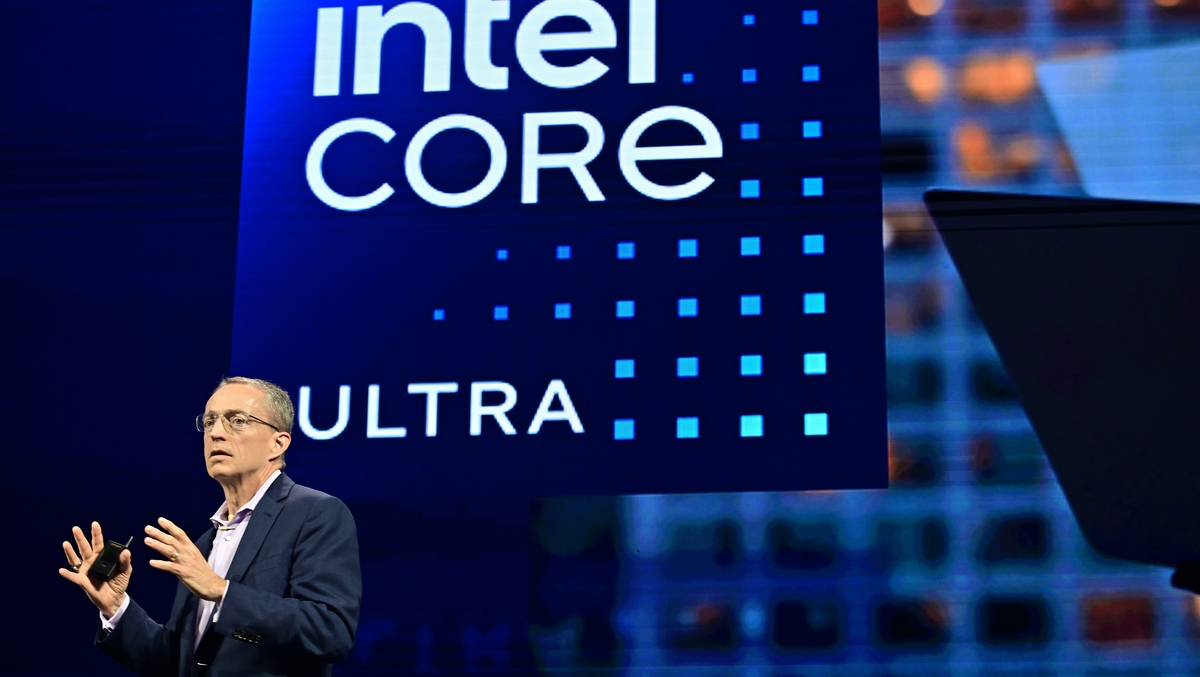
Intel unveils Xeon 6 processors and Gaudi AI accelerators
Intel has unveiled an array of advanced technologies designed to boost the artificial intelligence (AI) landscape across various sectors. The company's latest innovations include the Intel Xeon 6 processors, Gaudi AI accelerators, and the Lunar Lake client processor architecture, which collectively aim to enhance AI performance, power efficiency, and affordability.
Intel's CEO, Pat Gelsinger, highlighted AI's transformative potential, stating, "The magic of silicon is once again enabling exponential advancements in computing that will push the boundaries of human potential and power the global economy for years to come." Disseminating AI capabilities across the full spectrum of the market, Intel's offerings span semiconductor manufacturing to PC, network, edge, and data centre systems.
The newly launched Intel Xeon 6 processors feature Efficient-cores (E-cores) designed for high-density, scale-out workloads within data centres. These processors promise substantial efficiency improvements, boasting rack-level performance gains of up to 4.2 times and performance per watt gains of up to 2.6 times compared to the company's previous generation. This enhancement enables rack consolidation at a 3:1 ratio, optimising physical space and reducing energy costs.
In parallel, Intel has announced competitive pricing for its Gaudi AI accelerators. The Gaudi 2 and the forthcoming Gaudi 3 AI accelerator kits are positioned to offer high performance at a fraction of the cost of rival products. For instance, a standard kit with eight Gaudi 2 accelerators will be available at USD $65,000, estimated to be one-third the cost of comparable competitive platforms. Similarly, a Gaudi 3 kit will list at USD $125,000, approximately two-thirds the cost of alternative options. These accelerators are designed to expedite generative AI (GenAI) training and inference, providing enterprises with powerful tools to leverage proprietary data more effectively.
The Lunar Lake client processor architecture is set to redefine the AI PC category, bringing cutting-edge x86 power efficiency and application compatibility. These processors promise to deliver up to 40% lower system-on-chip (SoC) power consumption compared to prior models while tripling AI computational capabilities. This architecture features next-generation Performance-cores (P-cores) and Efficient-cores (E-cores), a fourth-generation Intel neural processing unit (NPU), and a novel GPU design known as Battlemage. These advancements are slated to power more than 80 AI PC designs from 20 original equipment manufacturers (OEMs) and are expected to hit the market later this year.
During his keynote at Computex today, Gelsinger underscored the importance of open standards and Intel's robust ecosystem in accelerating AI adoption. He was joined by notable industry figures, such as Acer Chairman and CEO Jason Chen, ASUS Chairman Jonney Shih, Microsoft Chairman and CEO Satya Nadella, and Inventec President Jack Tsai, all of whom expressed support for Intel's vision.
Gelsinger emphasised Intel's swift pace of innovation, noting that the company has moved from launching the 5th Gen Intel Xeon processors to introducing the Xeon 6 family within just six months. Similarly, Intel has quickly progressed from previewing Gaudi AI accelerators to providing enterprise-ready GenAI training and inference systems. These advancements signal Intel's commitment to democratise AI and expedite technological progress.


